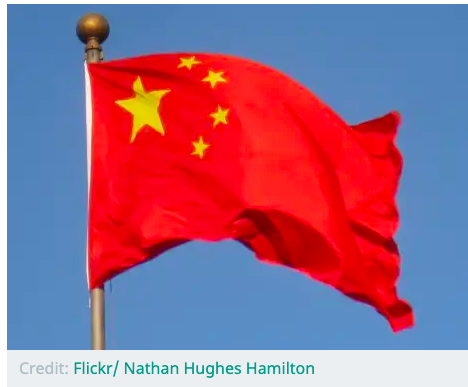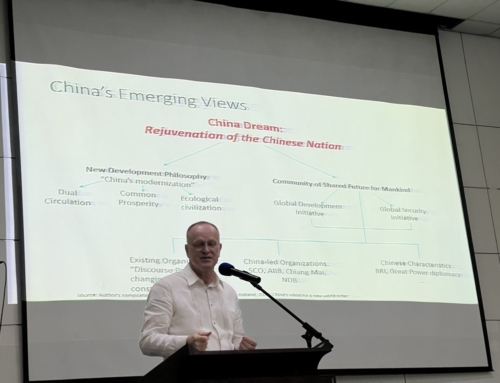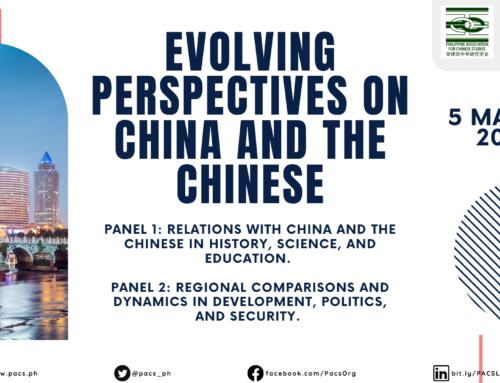Skip to content
Home/China/China May Be More Assertive, But Is It Really Ready to Lead?
China May Be More Assertive, But Is It Really Ready to Lead?
November 01, 2019 / THE DIPLOMAT
Activist, assertive, and audacious: This is the People’s Republic of China as it celebrates its 70th anniversary in grand style. From the Belt and Road Initiative and the Asian Infrastructure Investment Bank to the Shanghai Cooperation Organization and the Xiangshan Forum, China’s convening power and capacity to provide both economic and security goods are on full display. In an age of disruption, uncertainty, and gradual U.S. retrenchment, China seem to be picking up the slack. But while China certainly does want to play a greater role, especially in Asia, it may not necessarily want to assume global leadership with all the burden and expectations that come with it.
On a strategic level, China continues to advocate for a multipolar world where it will be second to none. BRICS, the G-20, G-77, the Shanghai Cooperation Organization (SCO), and regional trade arrangements provide the country with platforms to pursue this agenda. China’s resurgence undermines traditional power structures embedded in leading global governance institutions like the World Bank and the International Monetary Fund. Beijing lobbies for reforms to accord more space for emerging powers like itself to have a greater say in these longstanding financial pillars.
But while it pushes for reforms, it does not intend to unsettle the system. In fact, it has even increased support for multilateralism and globalization. China has become the largest contributor of peacekeepers among the five permanent United Nations Security Council members and has become the UN’s second largest funder. China is also an active participant in the dispute settlement mechanism of the World Trade Organization and, despite issues, has been known to comply even with unfavorable verdicts. This said, the pronounced role of the state in China’s economy and trade malpractices are bound to sustain frictions with key trade partners.
Notwithstanding its support for multipolarism, China is already taking the lead in what it sees as a period of strategic opportunity. Emboldened by its economic weight and increasing clout, Beijing already took the bold step of offering its vision for the world – a “community of shared future for mankind.” While the concept remains nebulous, its emphasis on respect for sovereignty, noninterference, and peaceful resolution of disputes make it appear less intrusive, but also more unlikely to call out domestic rights abuses by countries bandwagoning with it. Read more…
PACS2019-11-07T10:32:30+00:00
Share This Story, Choose Your Platform!





